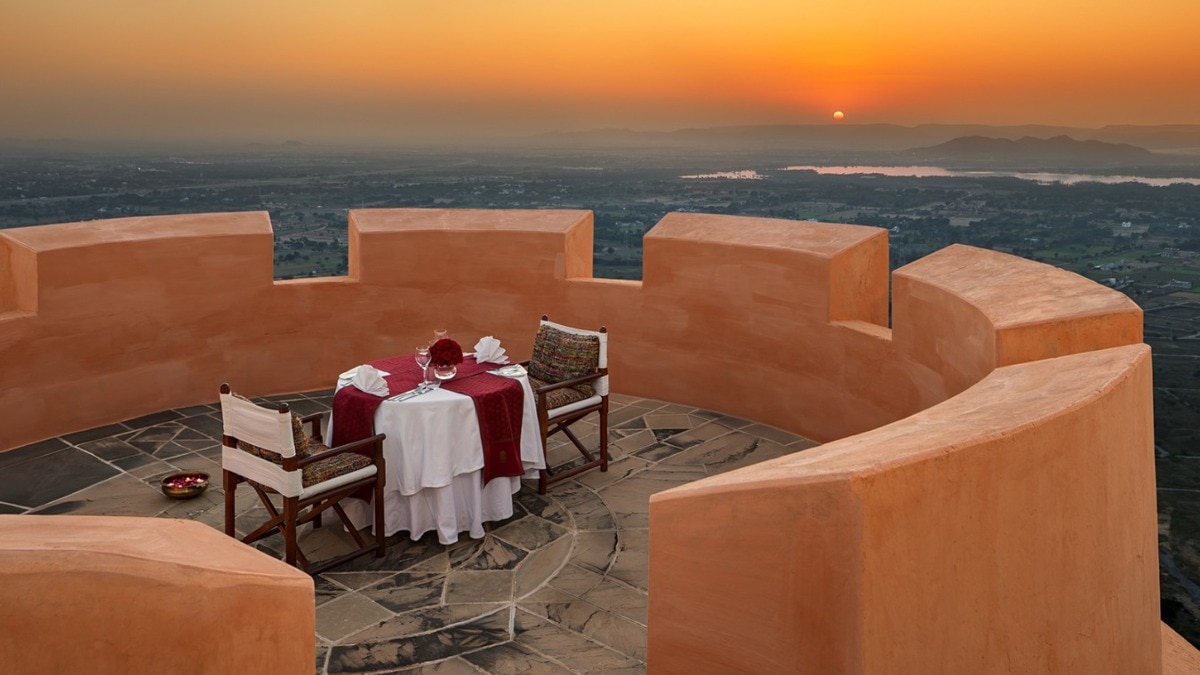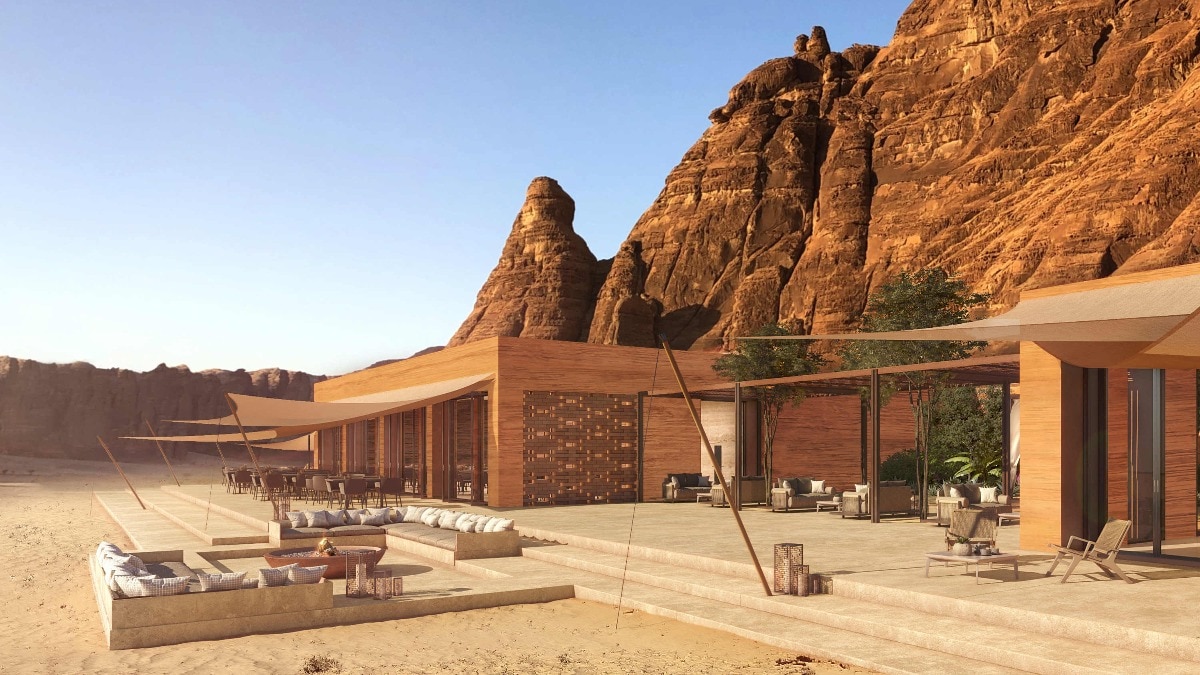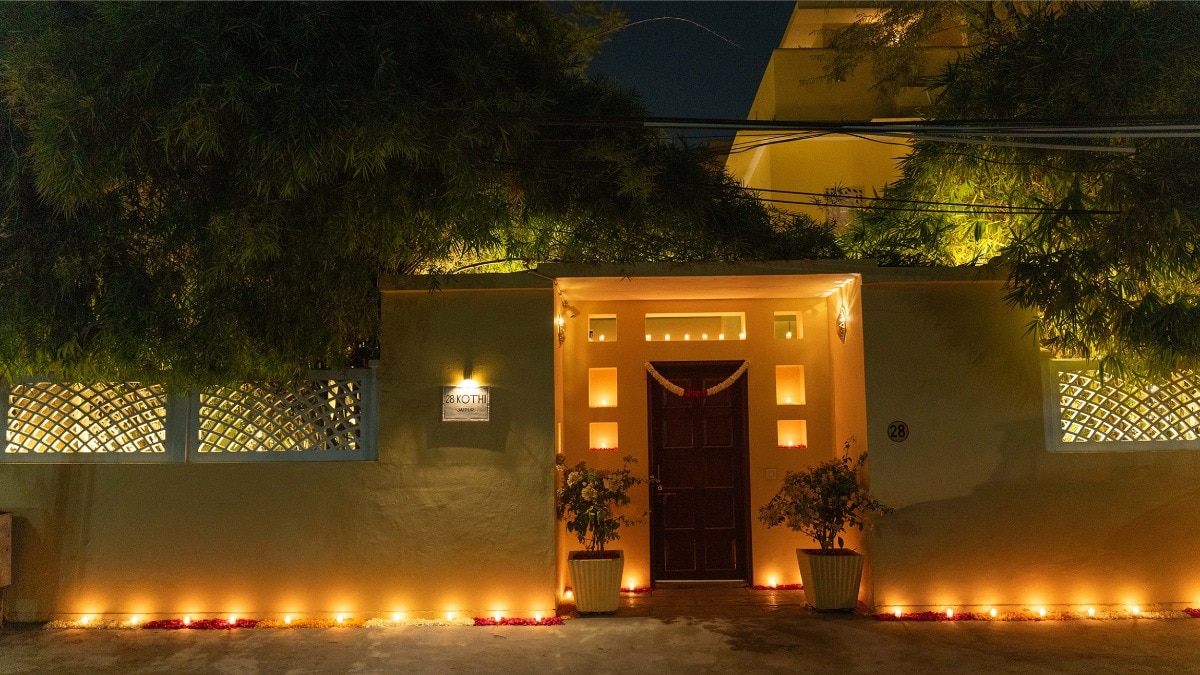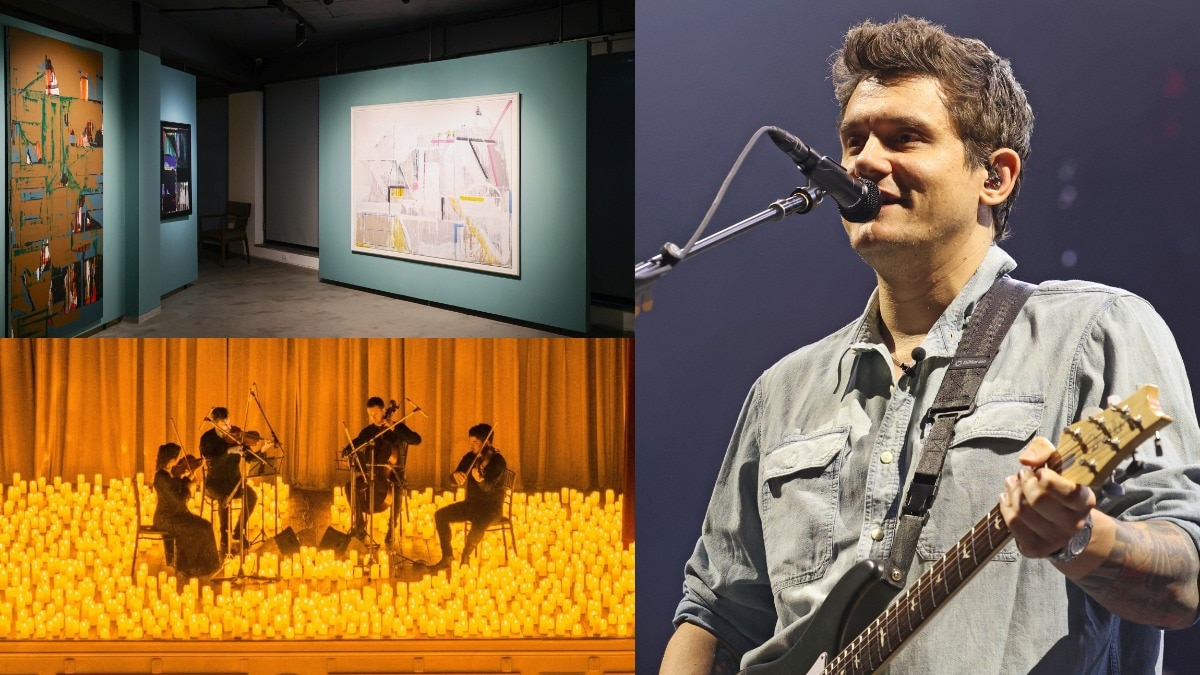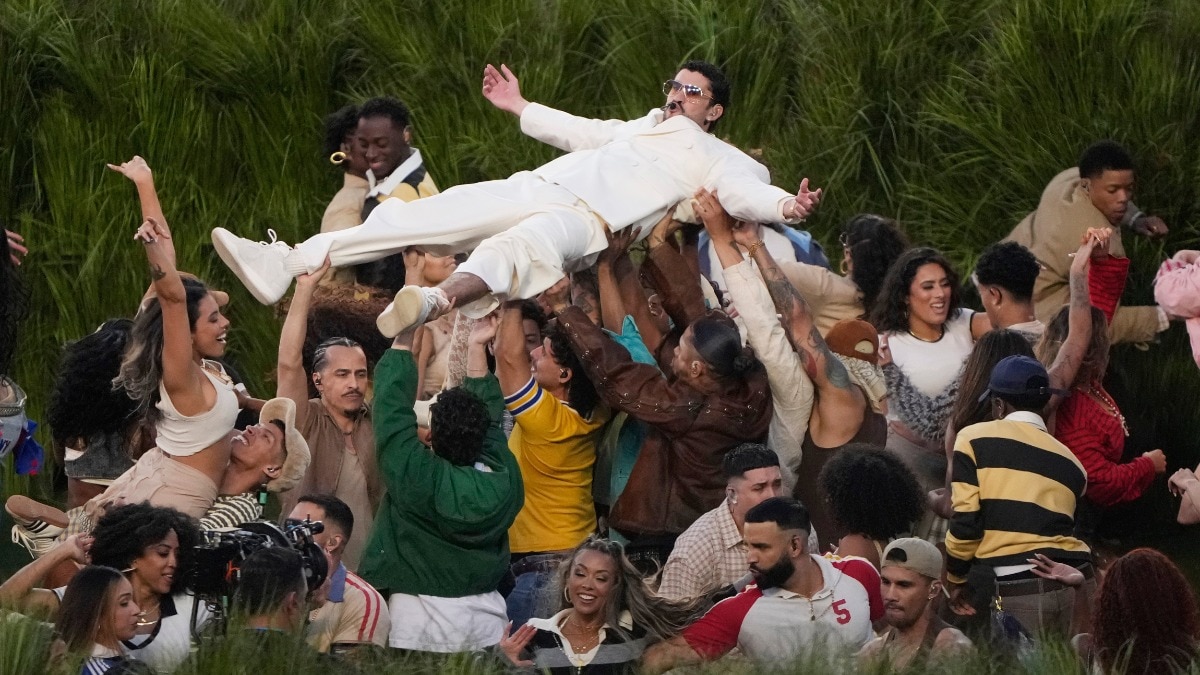Chasing sunshine in the world’s happiest country
Despite cold winters, one is never too far from experiencing apricity in Bhutan


Apricity (n): the warmth of the sun in winter
Instagram threw this word at me while I was sipping a hot, Bhutanese turmeric tea, with the winter sun on my face, in the chilly courtyard of The Postcard Dewa, Thimphu. Situated amidst the larger-than-life hills of the Ngenzergang Valley, The Postcard Hotel is a thirteen-roomed space that is built in a way that does not let you forget that you’re in the world’s happiest country even for a minute. It’s in the quiet that you find in a wooden gazebo when the mountain breeze is at its speediest in their lawn. It’s in eating hand-cut potato fries and ketchup while reading your favourite book, cosy inside a woollen blanket. In the cheery faces of the staff that insist you eat an extra piece of tingmo with your Bhutanese yak butter tea, in the emerald gardens that grow everything from blue pine trees to the Himalayan pine. It’s everywhere.

As a summer break away from Mumbai, we visited the land of thunder dragon and The Postcard Dewa, became our home for a week. Even with its typical hotel-like reception, a forty-seater dining area, and structured rooms built along a slope, there is something delicately warm and homely about this property. Especially the way the winter sun shines through its dim corners, reminding you repeatedly of what Albus Dumbledore says: “Happiness can be found, even in the darkest of times, if one only remembers to turn on the light.”


“The Postcard Hotel operates with the underlying notion that the hotel must adapt to the needs of the guest rather than the guest adapting to that of the hotel. For this reason, check-in and check-out are at any time, as is breakfast. Does this not happen when you are at home? Whenever you wake up, you get breakfast?” says Kapil Chopra, founder and CEO, The Postcard Hotel. The chain has nine properties across six cities.
No wonder that they were recently recognised as ‘Asia’s Leading Boutique Hotel Brand’ at the World Travel Awards 2022. While this is for the Bhutan property, The Postcard Gir Wildlife Sanctuary in Gujarat won for the best wildlife resort title; and The Postcard Mandalay Hall in Kochi was recognised for Leading Design Hotel’s among others awards.
Our cultural fix
We were far from Scandivania, but still our journey was filled with several hygge moments, the Danish term for “taking time away from the daily rush to be together with people you care about, or even by yourself, to relax and enjoy life’s quieter pleasures,” The Postcard Dewa makes you feel this through the choice of amenities in your room (an array of luxurious Forest Essential products), a cosy shawl tucked next to a crackling fireplace with a rack of books on one side, the pouring of warm sweet-smelling oil on your back as the spa therapist takes a crack at relaxing sore muscles after a six-hour trek to the Tiger’s Nest while the sound of Buddhist chants at Tashiccho Dzong from about fifteen kilometres away faintly echo.


Gamers playing archery, Bhutan’s national sport, will greet you like Indians and their gully cricket on a Sunday afternoon. Except this isn't restricted to weekends, men team up to play archery post work hours, which seem to end at an easy 4pm here in Thimphu. Specific grounds are designed for this sport, so thankfully no flying arrows can be reported on the streets.


When we weren’t walking around the craft bazaar picking up Bhutanese trinkets such as hand-woven scarves and postal stamps, or strings of local dri milk cheese called churpii, there were experiences the hotel offered indoors. Like sipping on crisp and homegrown red rice beer made using local grain at the start of your journey as a welcome drink. The Bhutanese thali that features dishes such as saag jaju, ema datshi, jasha maroo, nakey datshi, and phaksha paa among others, and a visit to the nearby weaving centre, with artisans creating traditional Bhutanese textiles.
There are many things throughout our trip that reminded us of India.
It’s interesting to note that the Indian currency works everywhere in the country, the regard for temples and a vibrant temple culture, the ease of speaking in Hindi or English with the locals, winding roads as if in Ladakh, and gorging on a thali. This way, we knew we were away from India, yet not really far.
Justifiably, Bhutan shares a border with four Indian States: Assam, Arunachal Pradesh, West Bengal, and Sikkim. Snuggled up in the Himalayas, Bhutan has always held a special place for India. According to the Ministry of External Affairs, “The India-Bhutan Friendship Treaty includes “perpetual peace and friendship, free trade and commerce, and equal justice to each other's citizens.” So while foreign tourists whip a cool USD 200 for entry into Bhutan, it’s ₹1200 for Indians.

“From breakfast by the gushing riverside that cannot be done in a city, to going to Tiger’s Nest, or to the Chagri Dorjeden monastery to pray—these are some experiences that take you away from your routine and enrich the travel experience. So you soak in the destination and experience its real value, and do it in absolute comfort and luxury,” says Chopra.
Chopra’s vision for The Postcard Hotel’s is reflected in all his properties too. “So Gujarat is known for its vegetarian food, but you also get the best non-vegetarian food because of the influence of Junagadh and their royals. Gujarat also has a strong Parsi influence on its cuisine and our Gir property lets you experience this,” he says.
Bhutan takes pride in its culture and traditions and its people are rooted in values and principles that exude warmth. The Postcard Hotel has found a quiet corner and assimilates into the Bhutanese way of living that will leave you feeling warm, cosy and at home.
How to get there from India: The best way to get to Bhutan is by air. There are direct flights available from Delhi and Kolkata to Paro (the only international airport in Bhutan) and connecting flights from Mumbai and other metros.
Best time to visit: The most ideal time to visit Bhutan is during the spring season from March through May. With flowers in full blossom and a host of festivals taking place during these months, there is much to witness.
Must visit spots: Tiger's Nest, Dochula Pass, Craft Bazaar, Buddha Dordenma, Tashichho Dzong
Must have dishes: Ema datshi, Thukpa, Kewa Datshi, Butter tea
Bhutanese phrase to know: "When the dawn breaks, the world smiles with happiness and joy."


